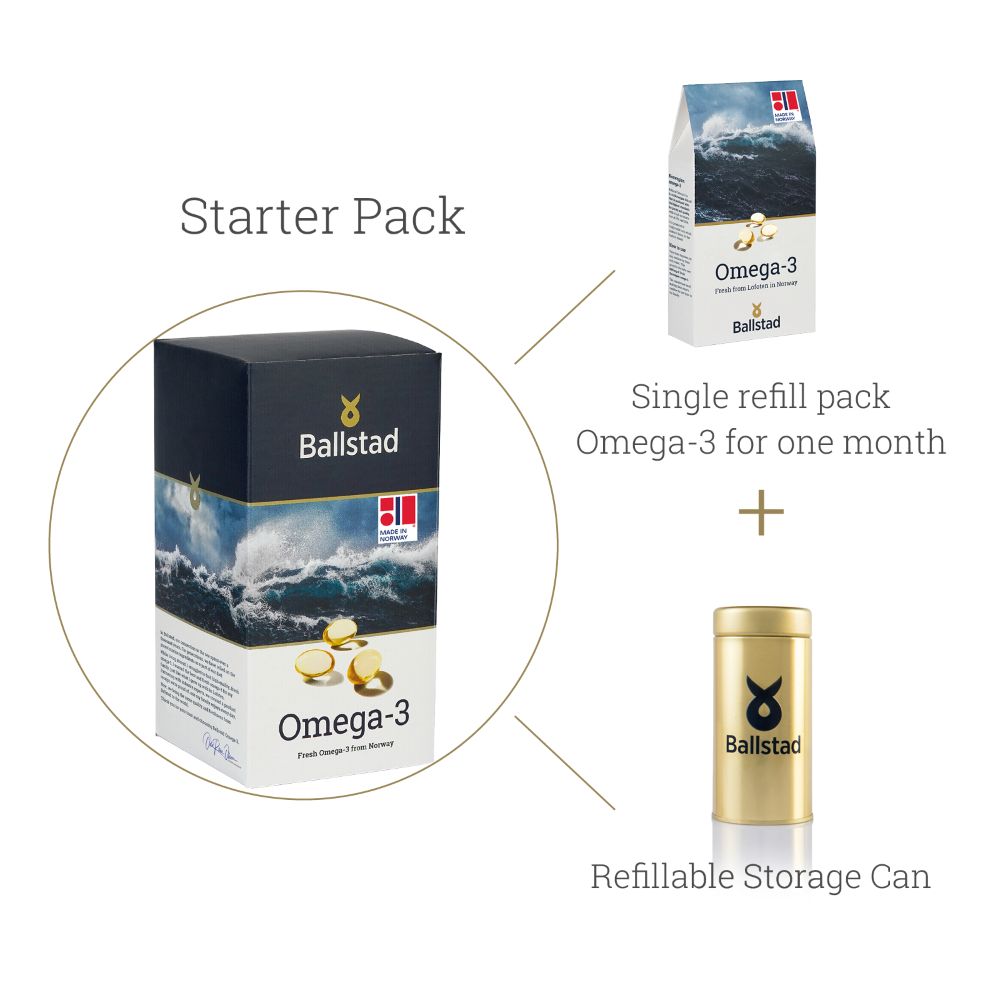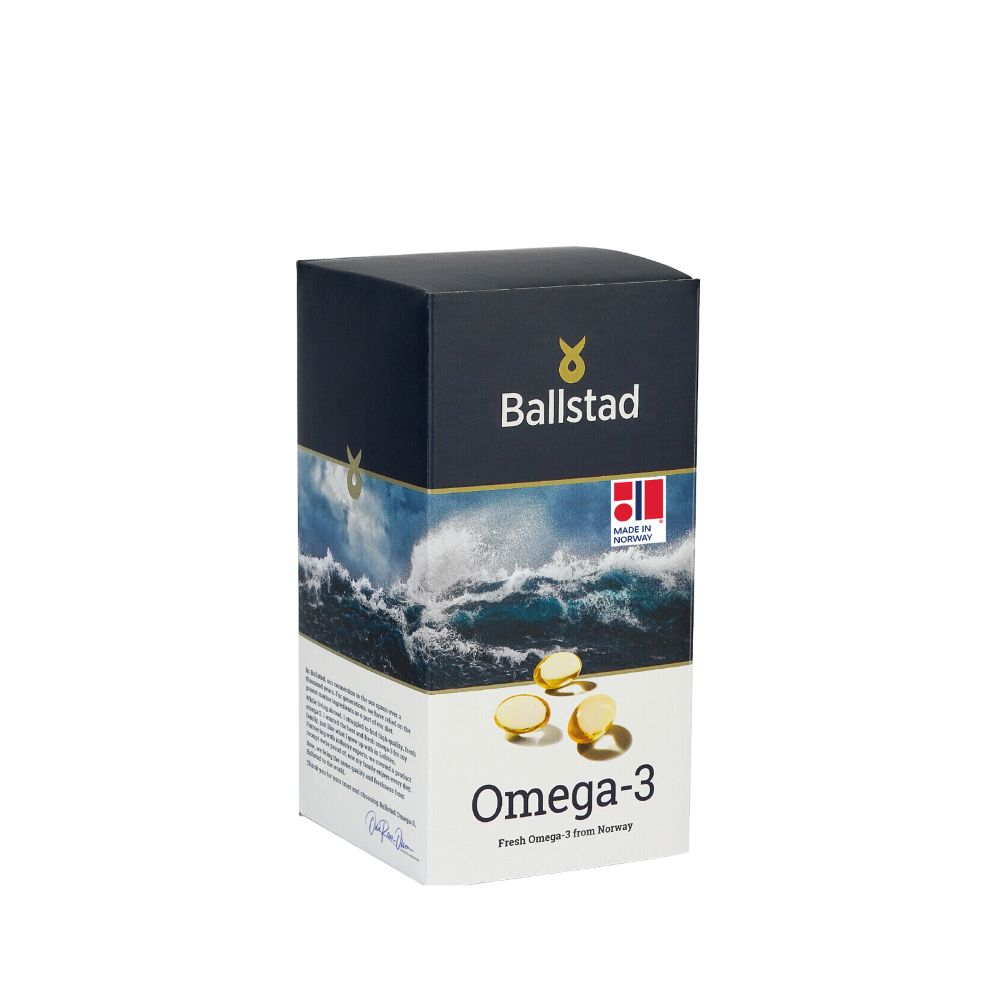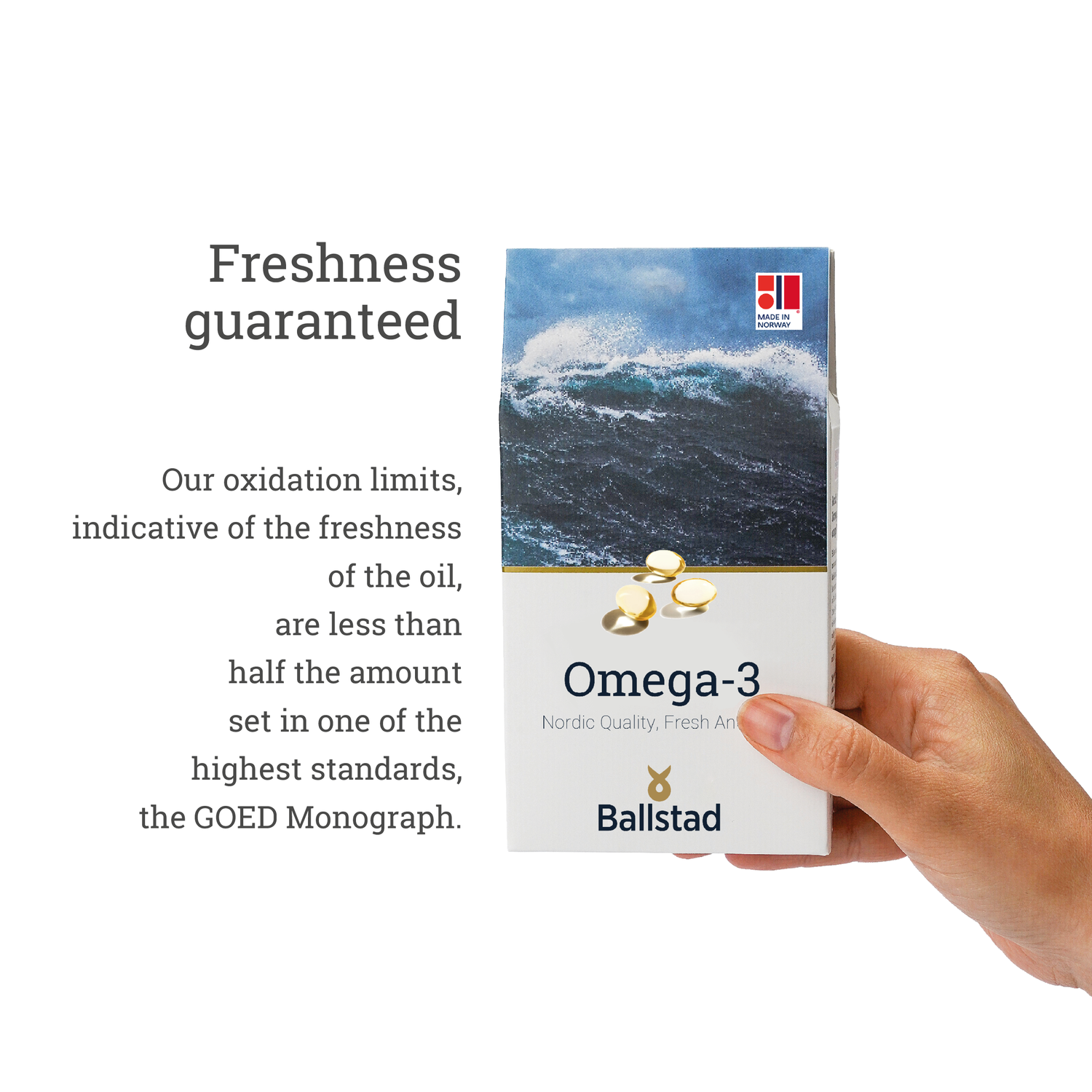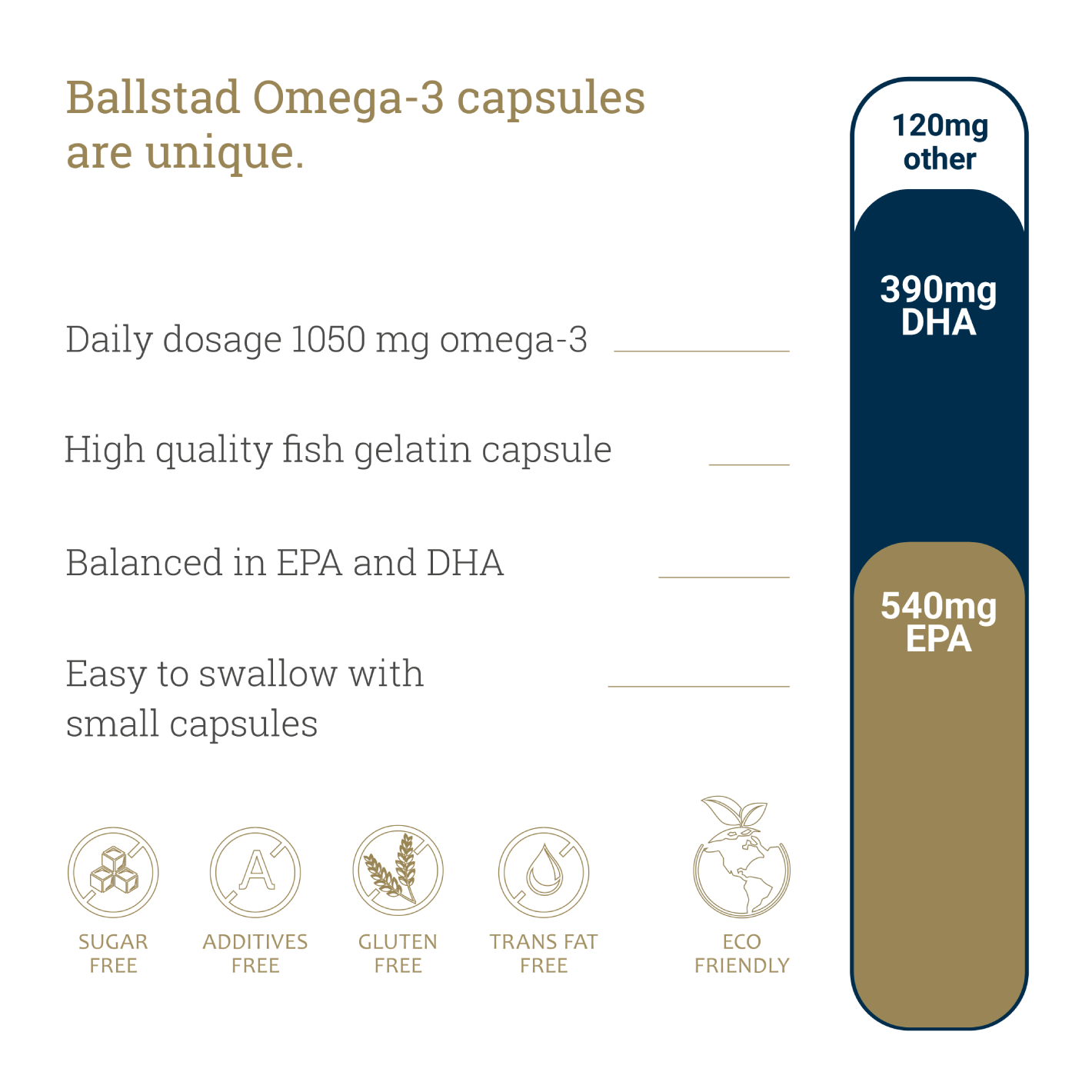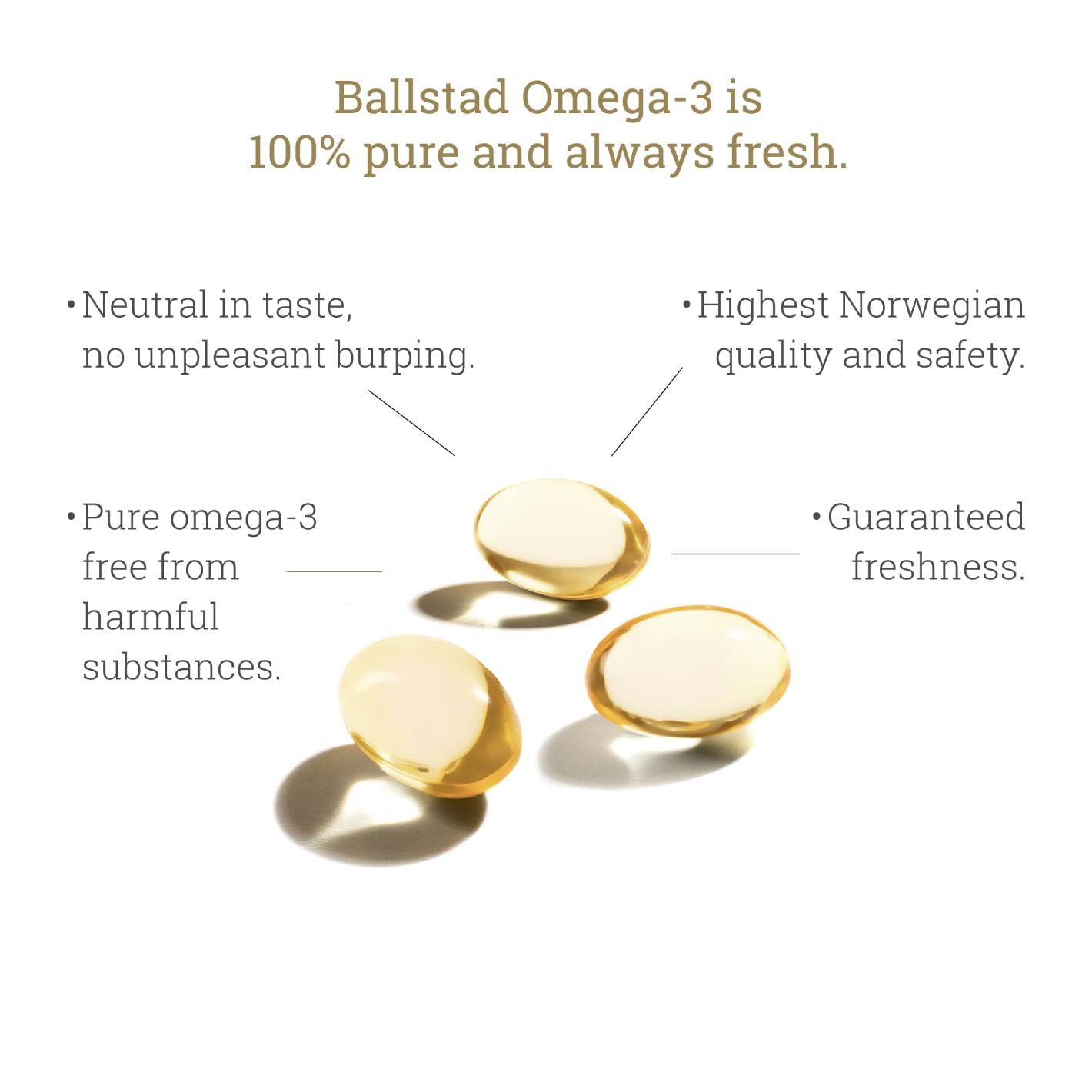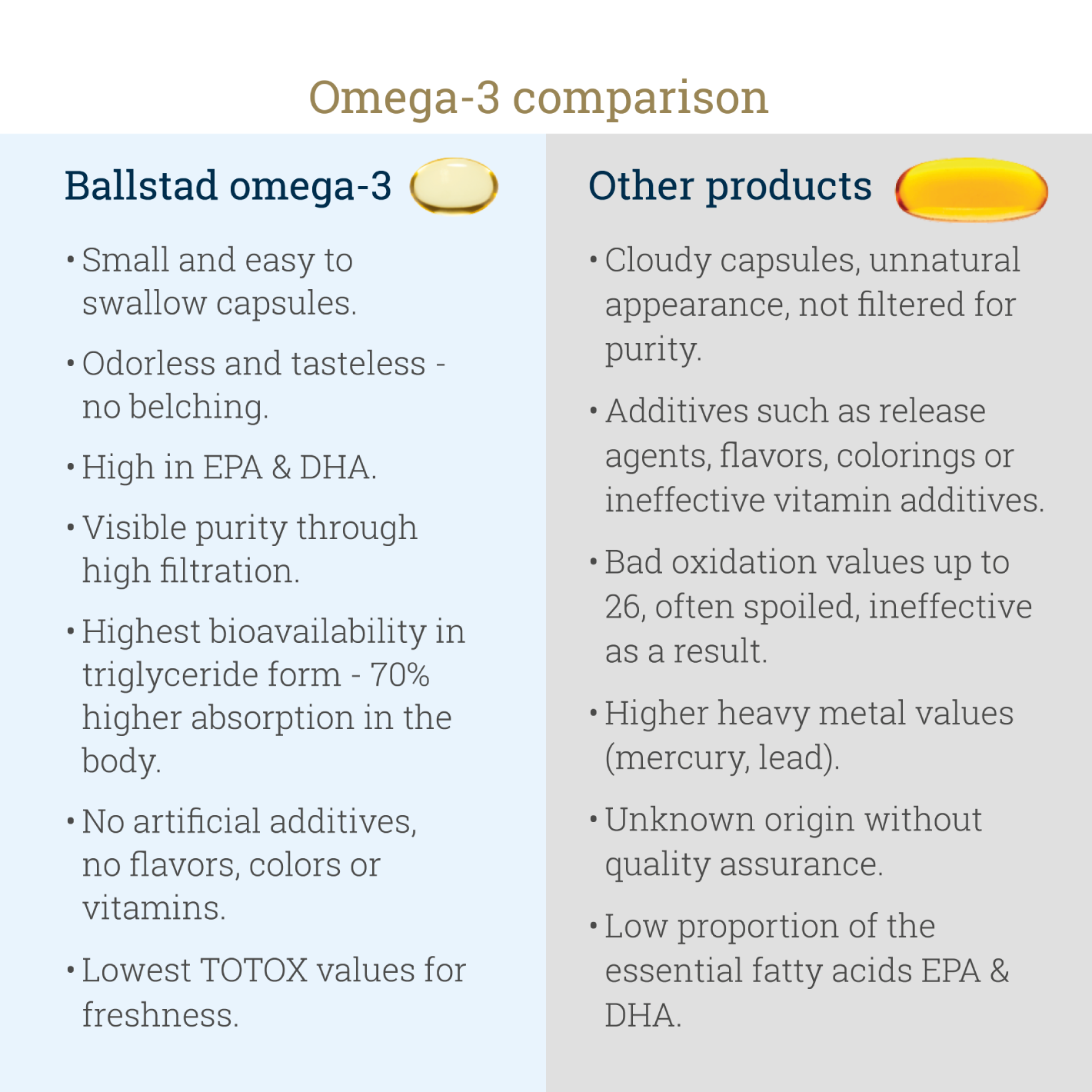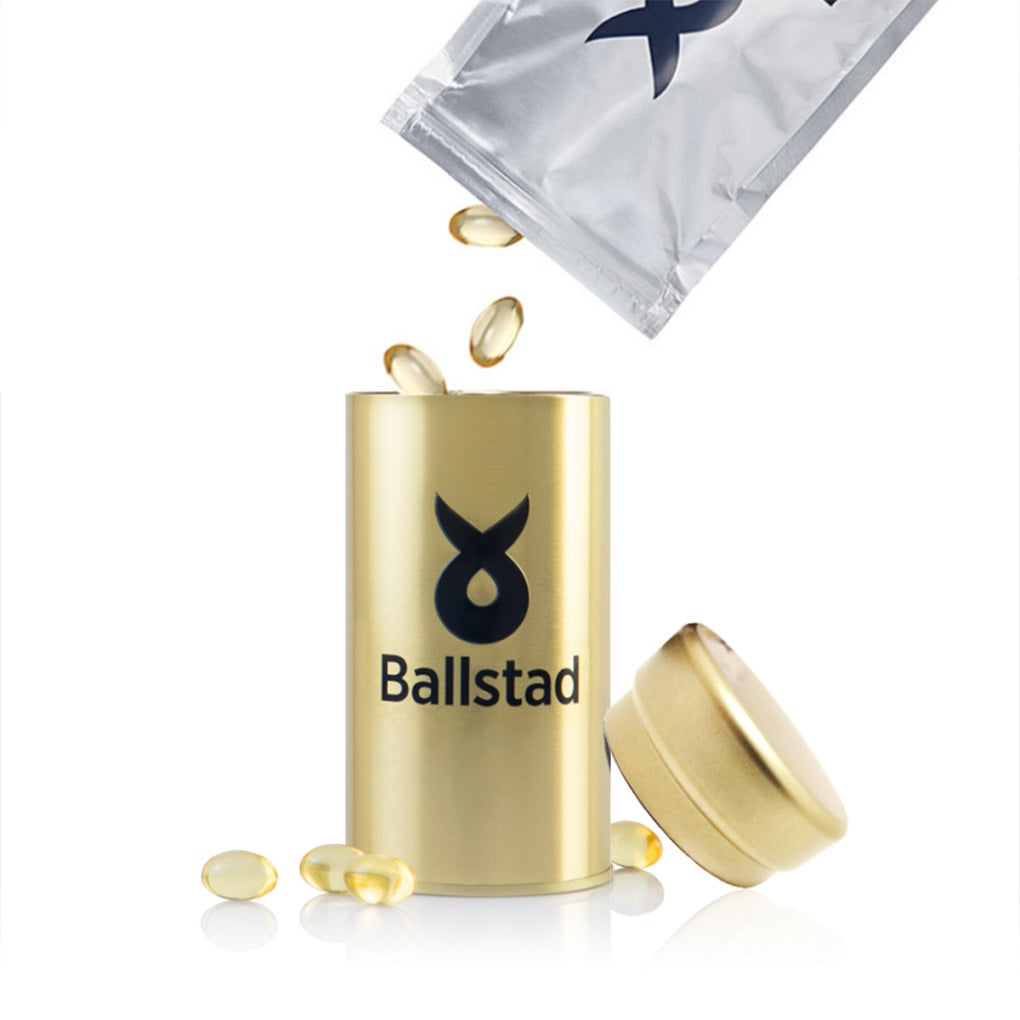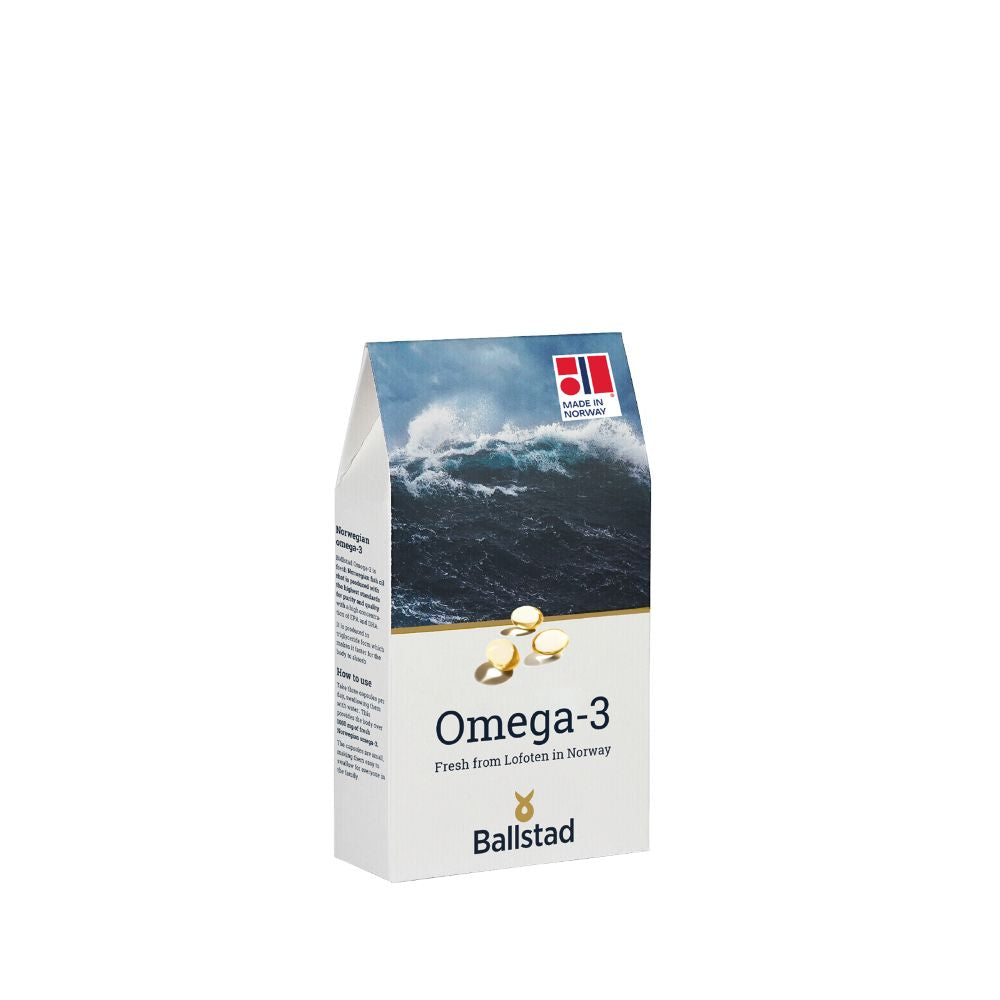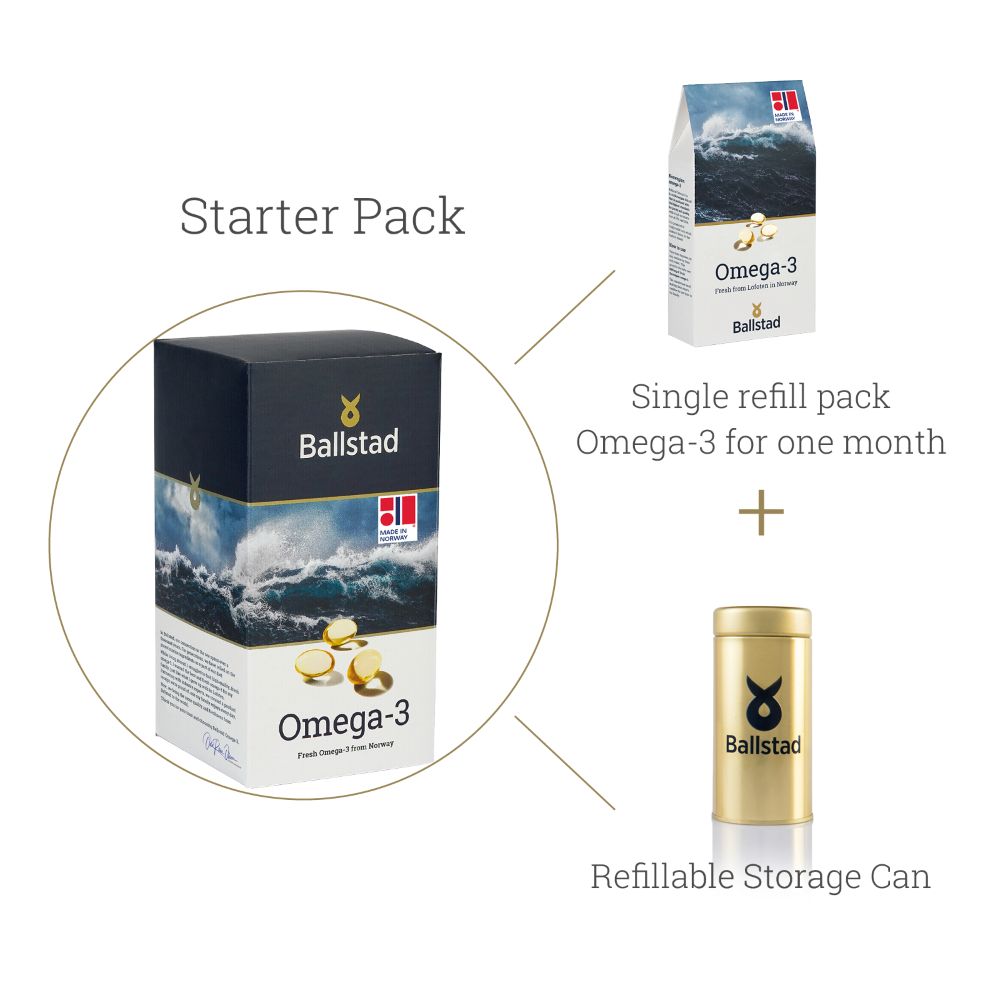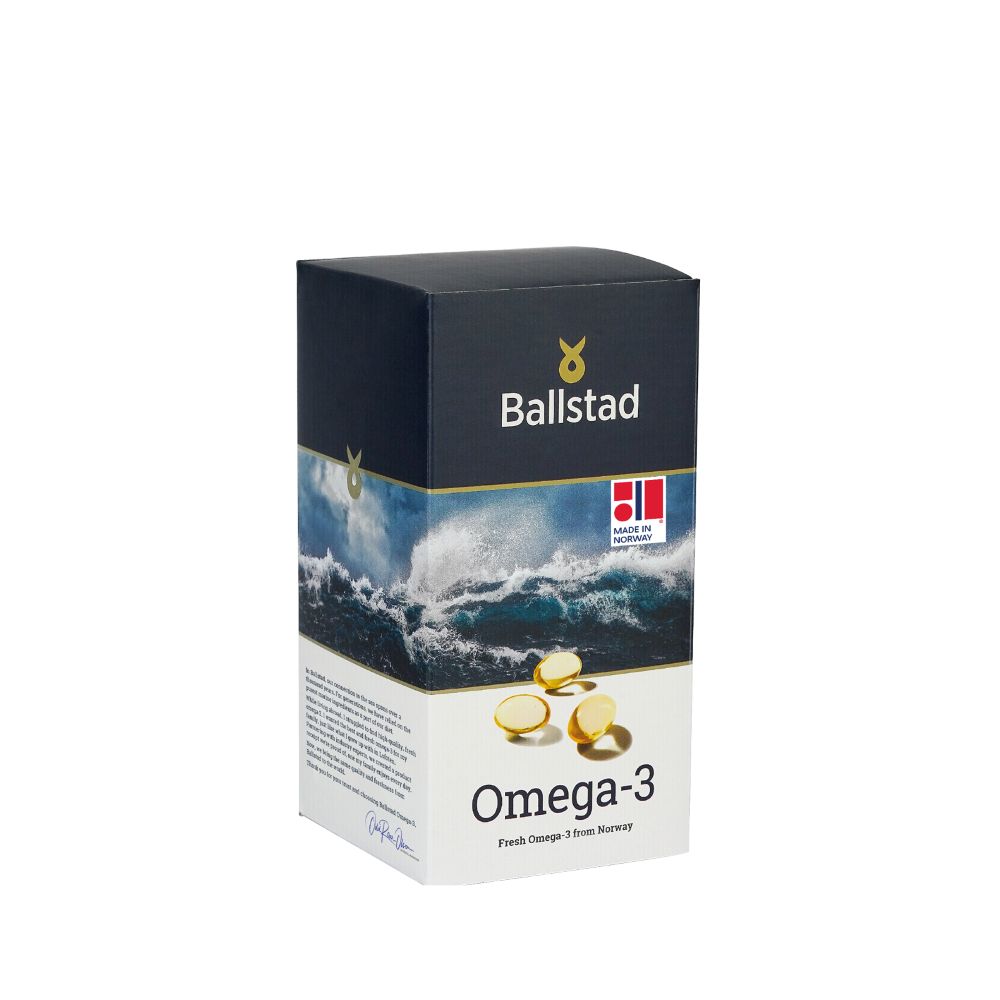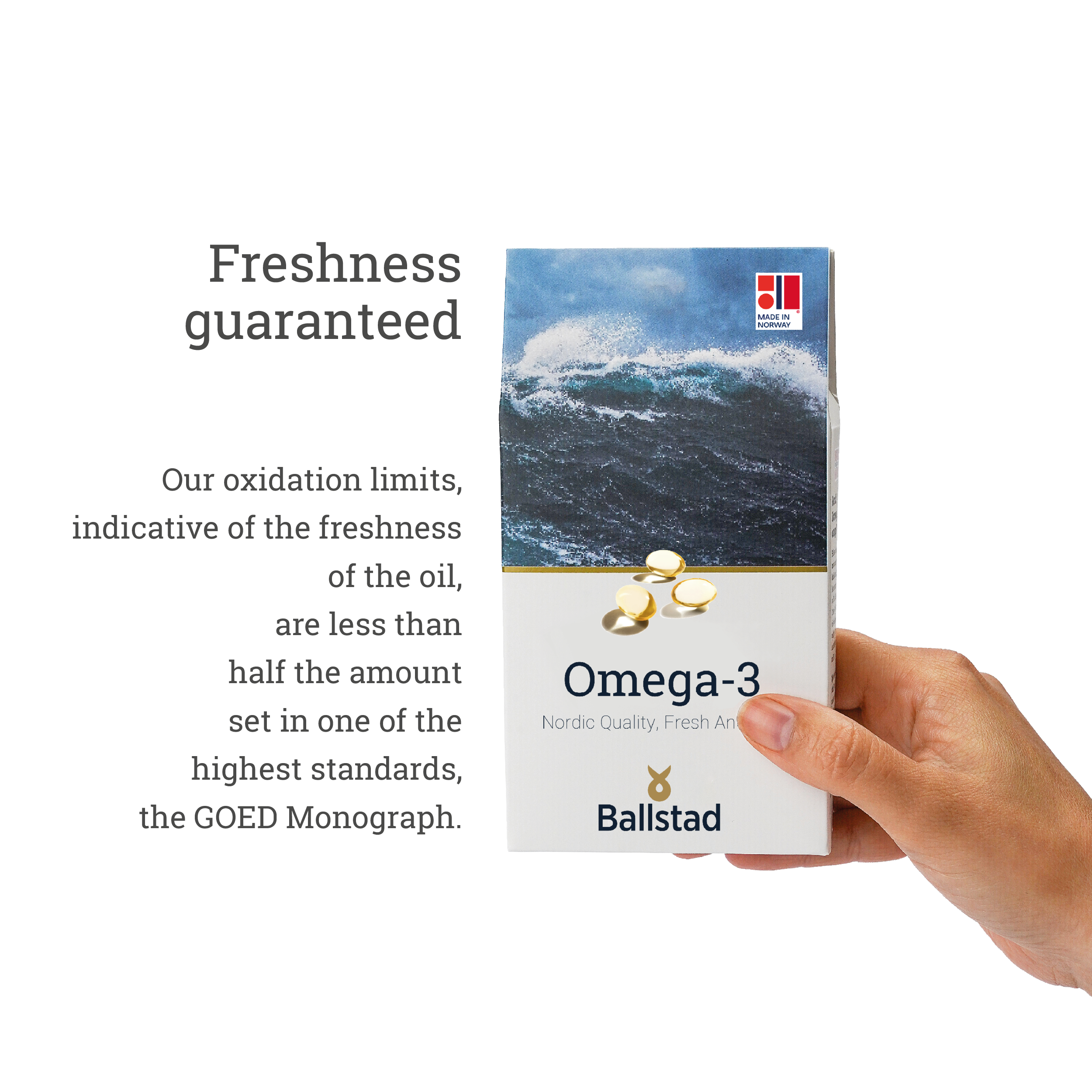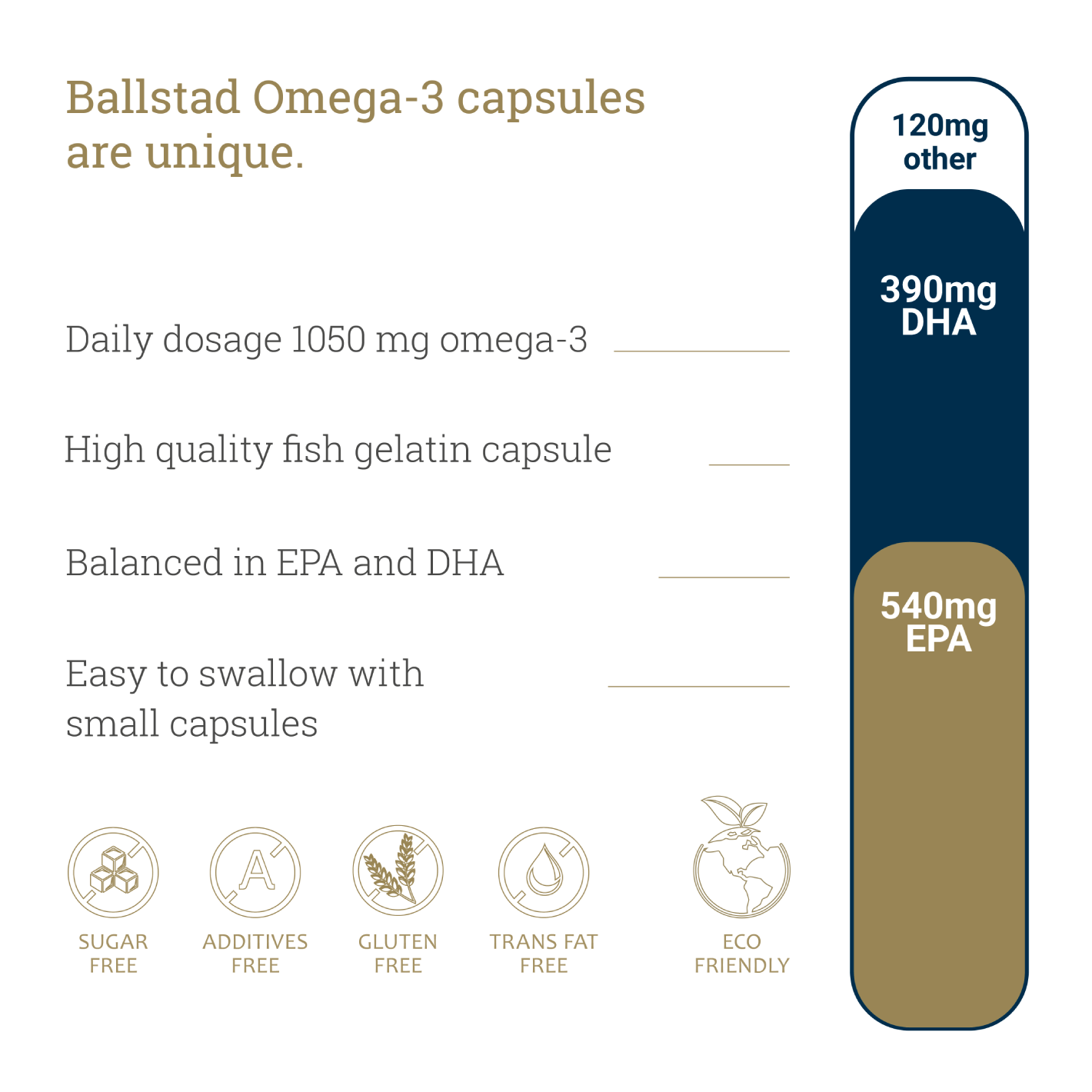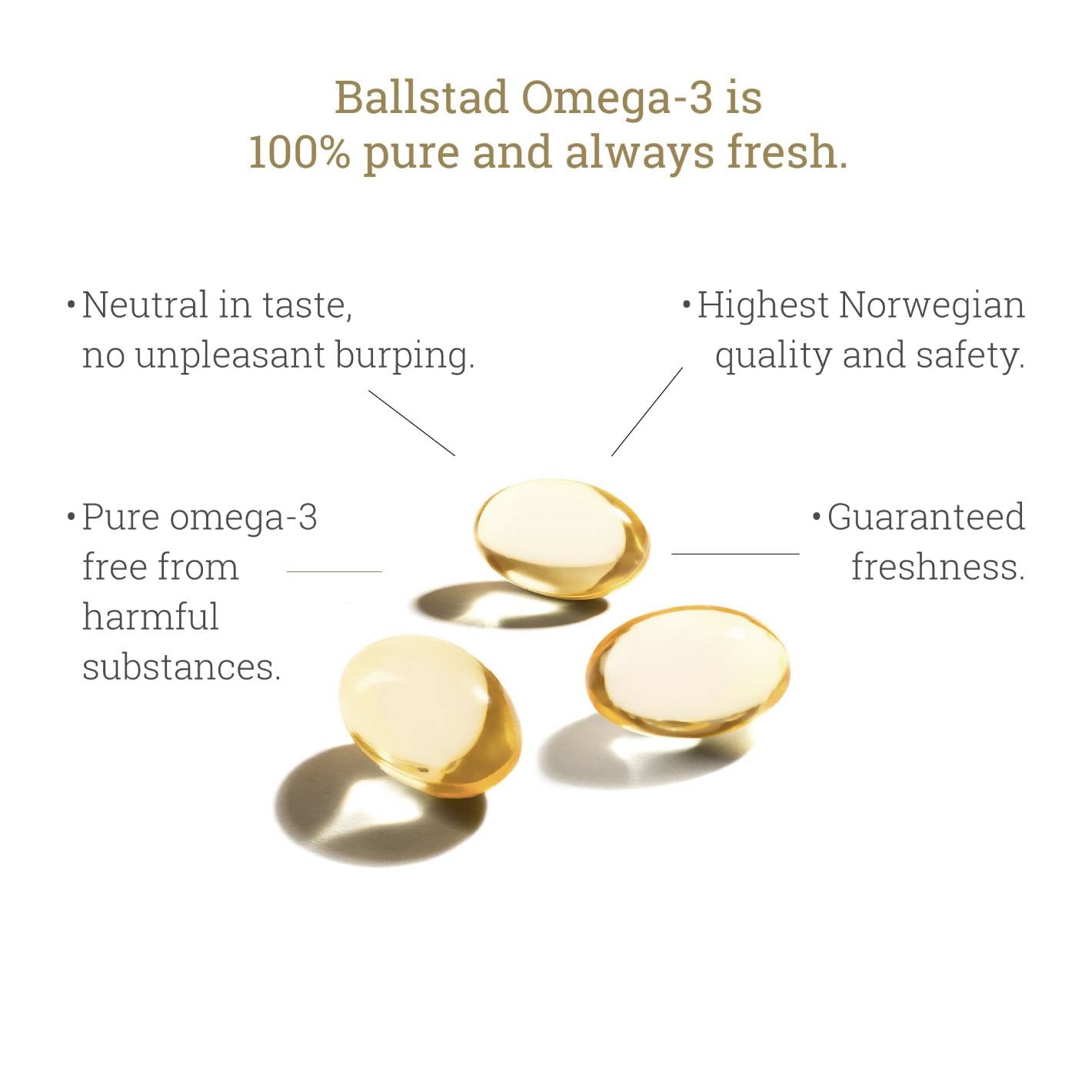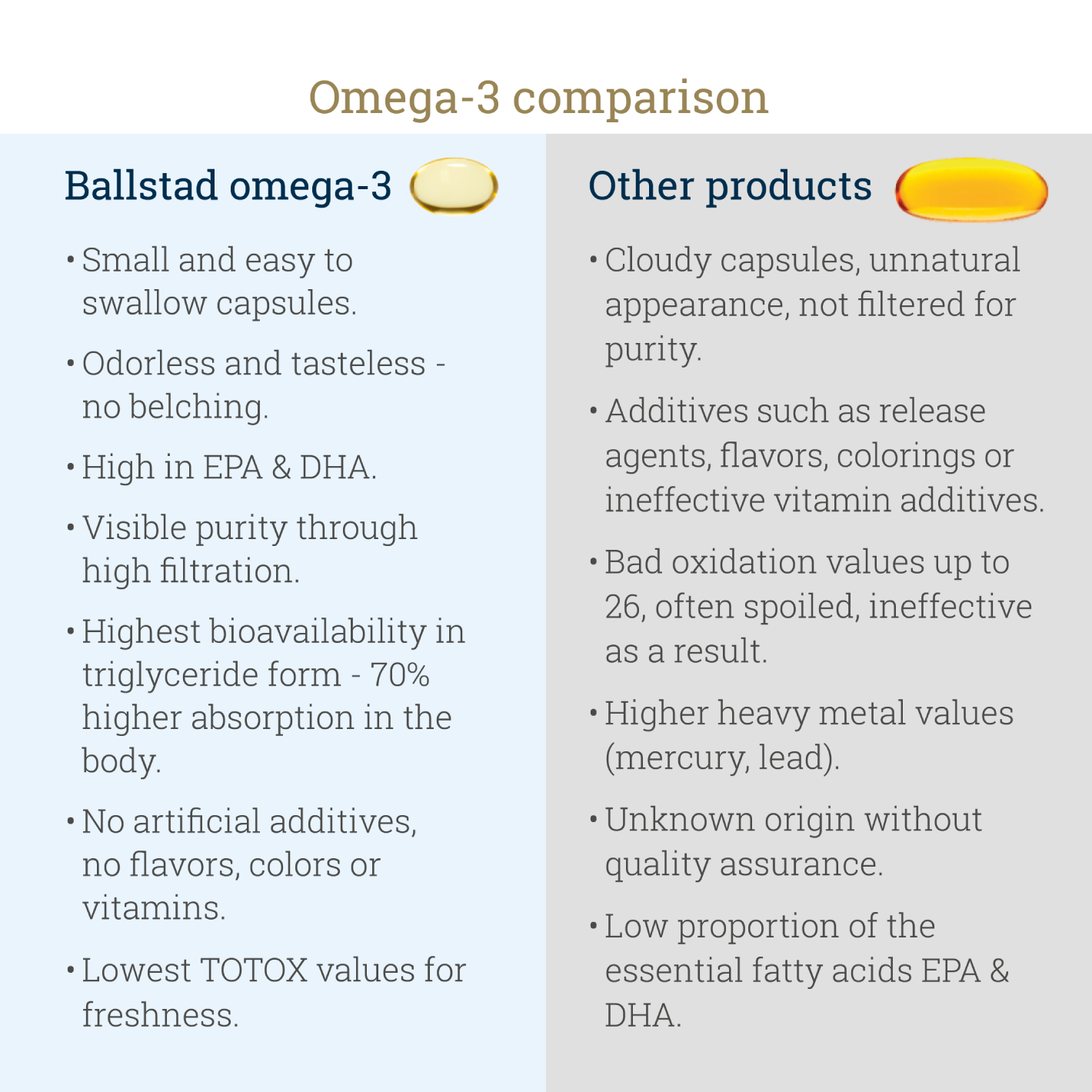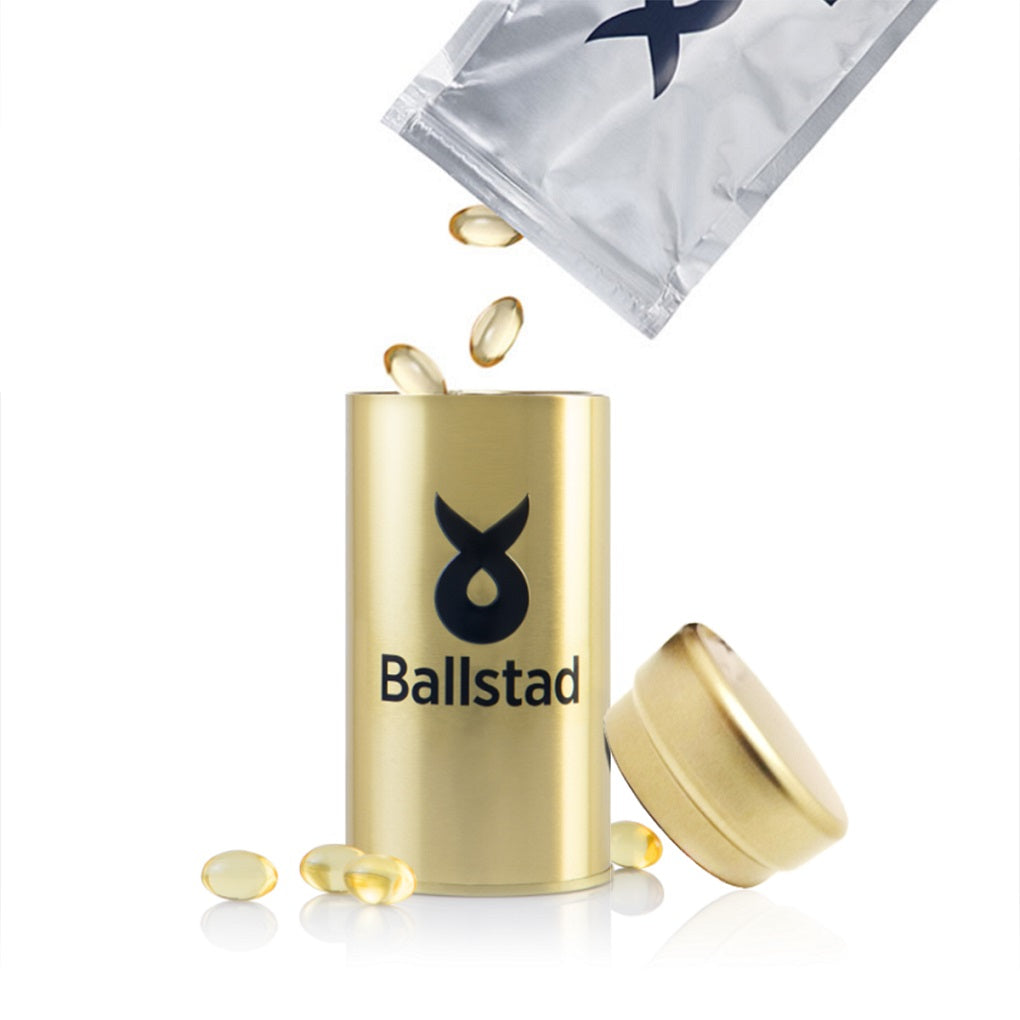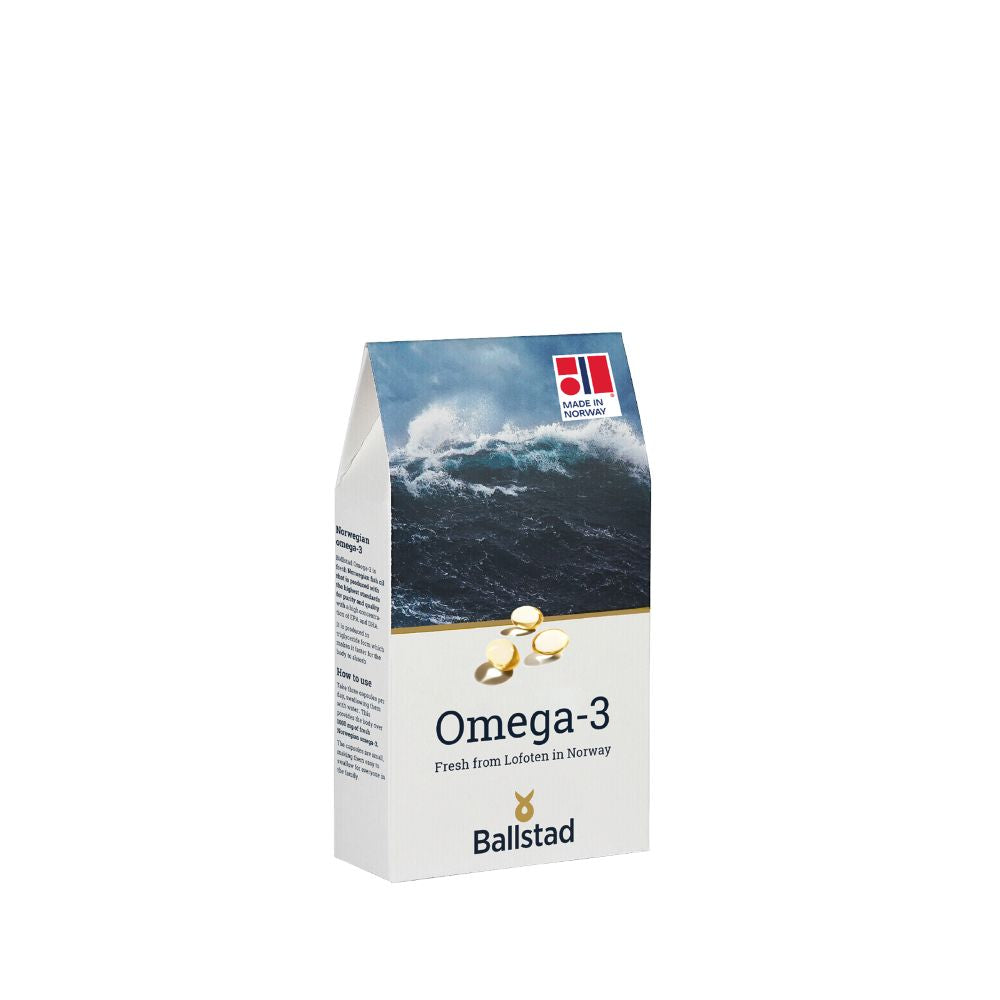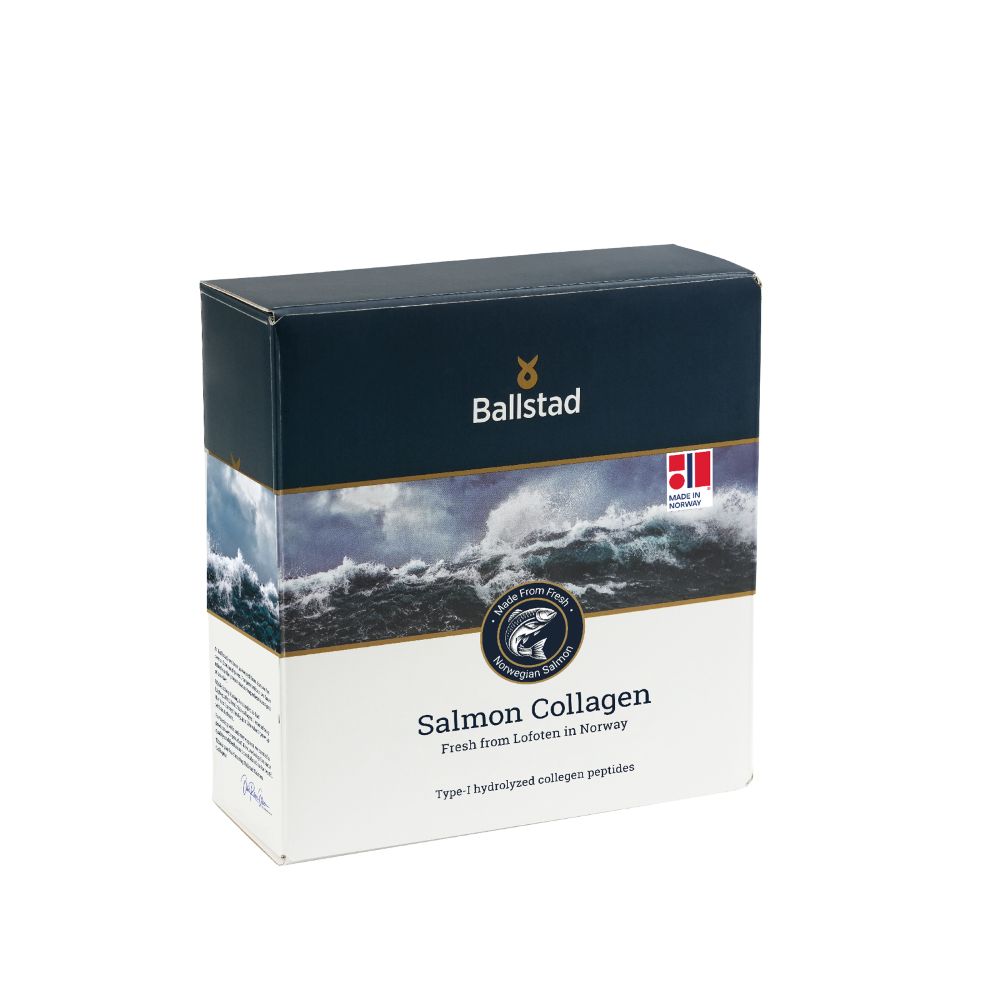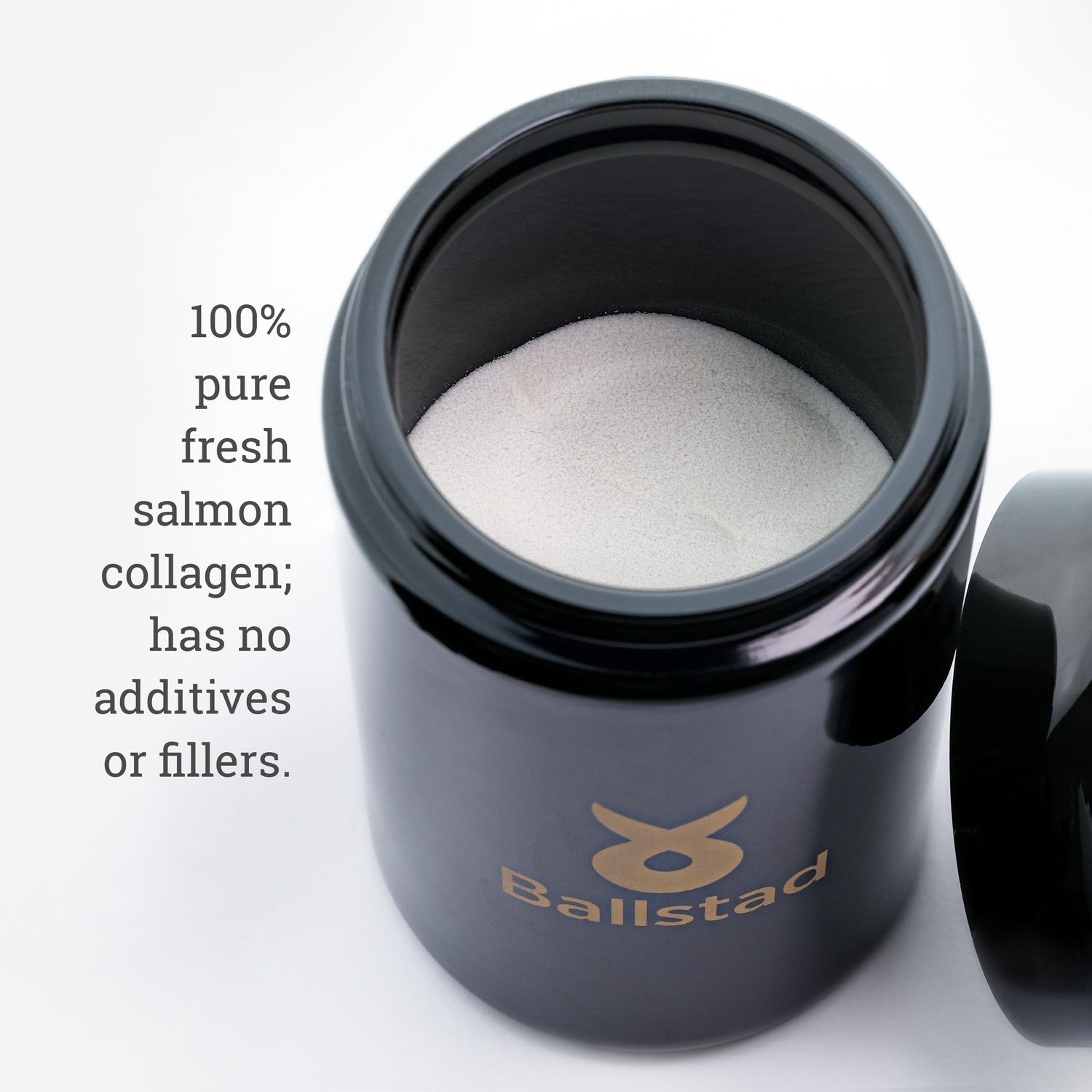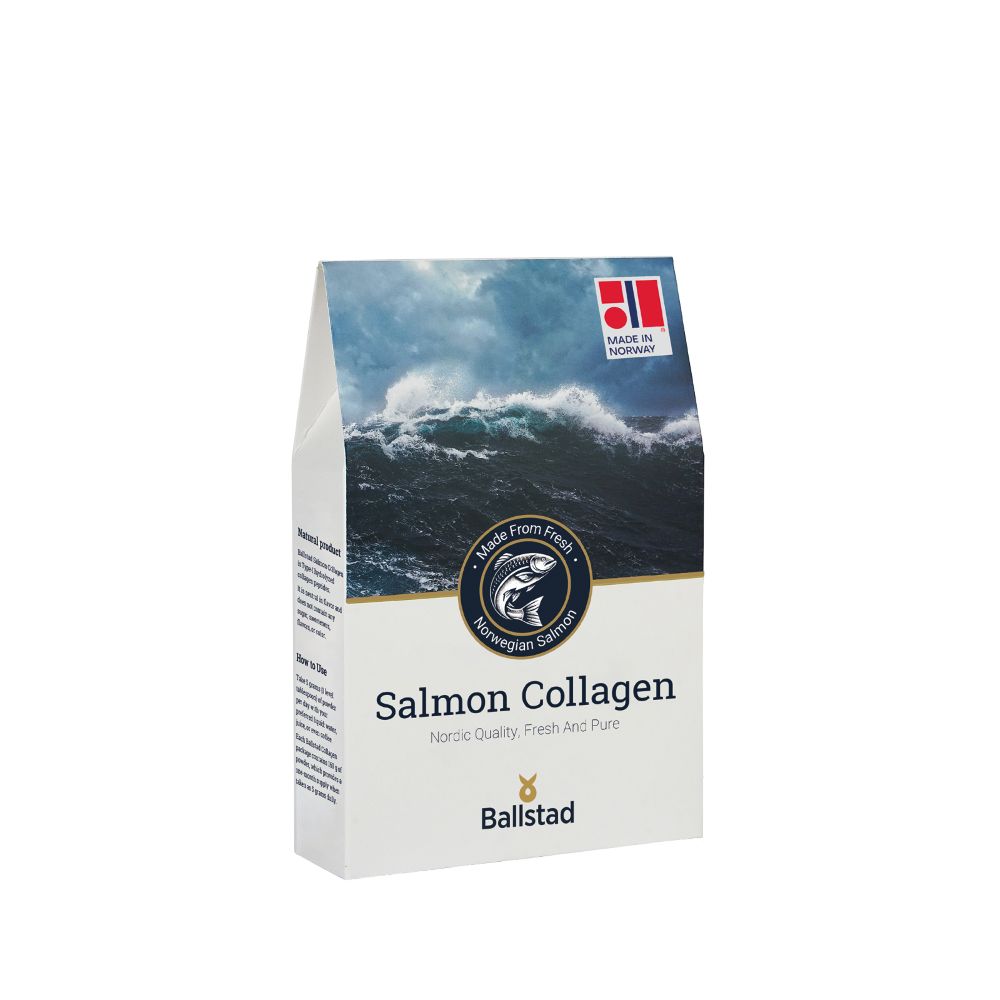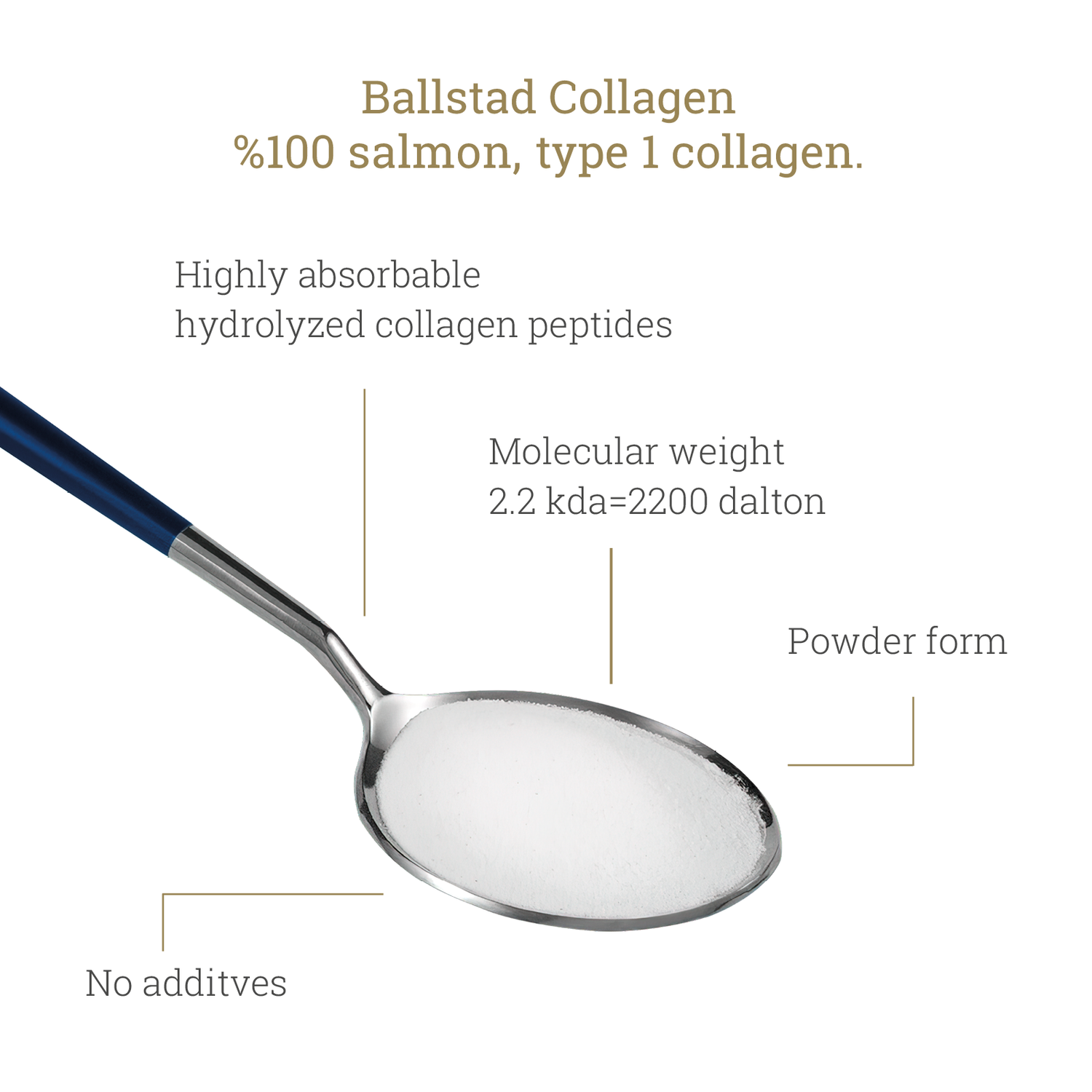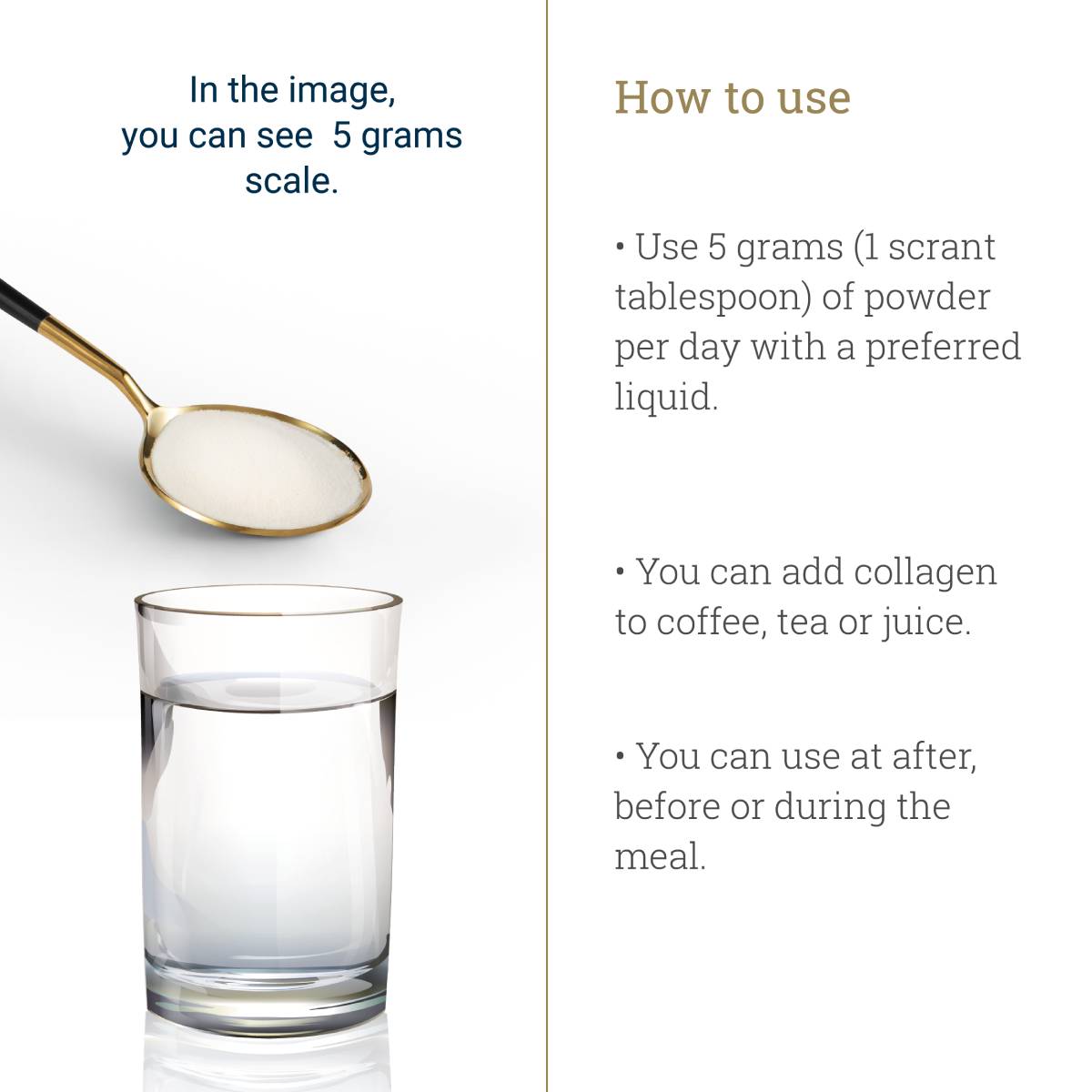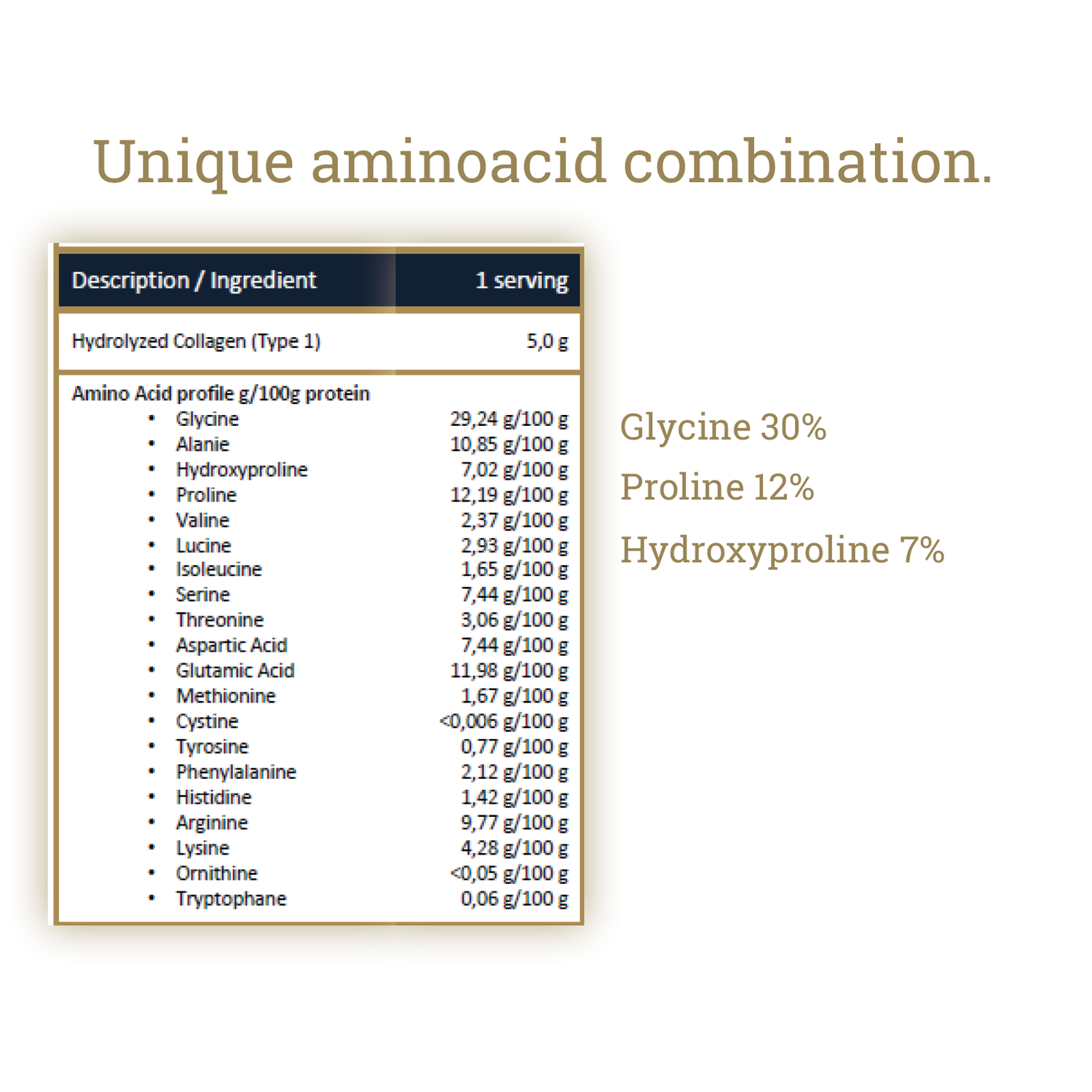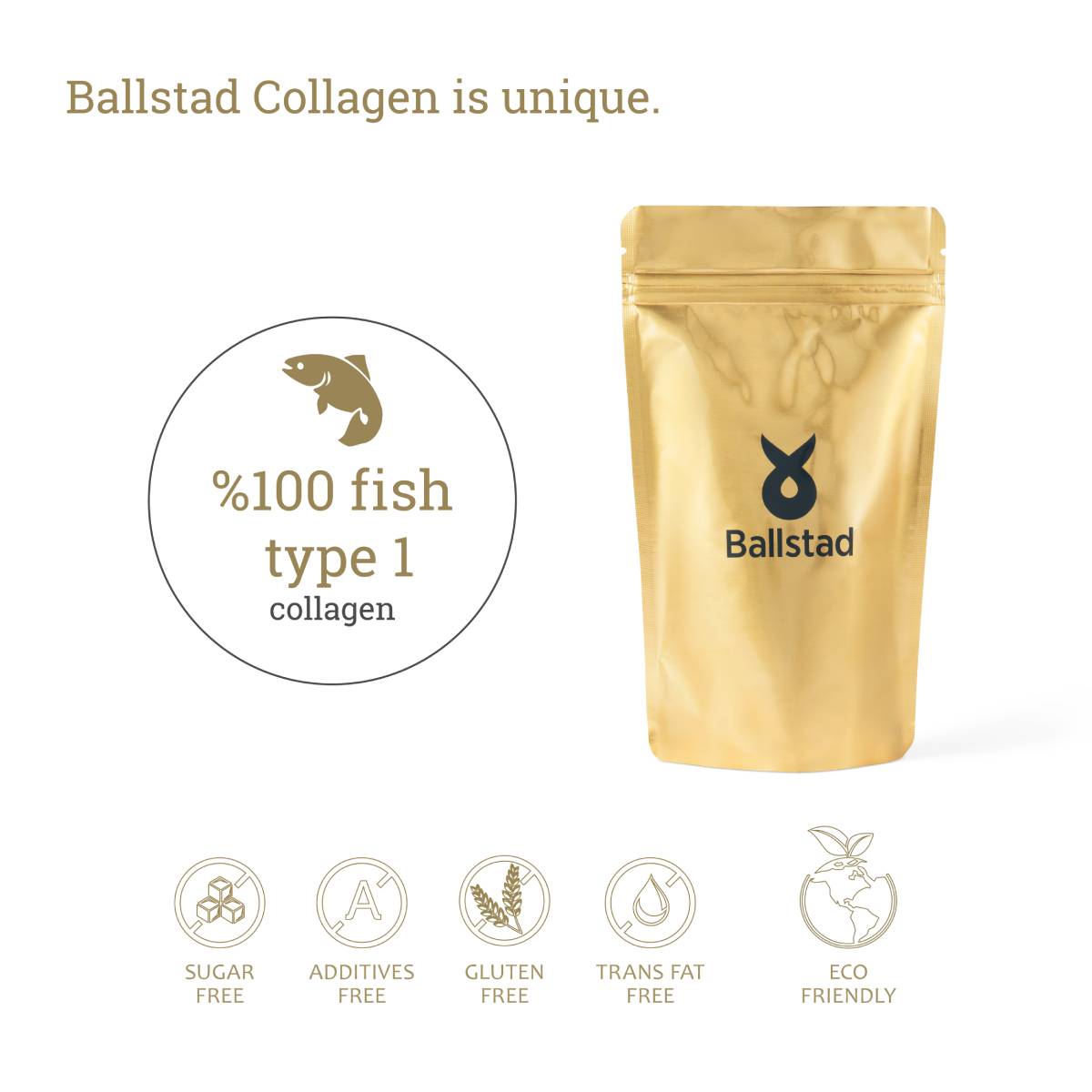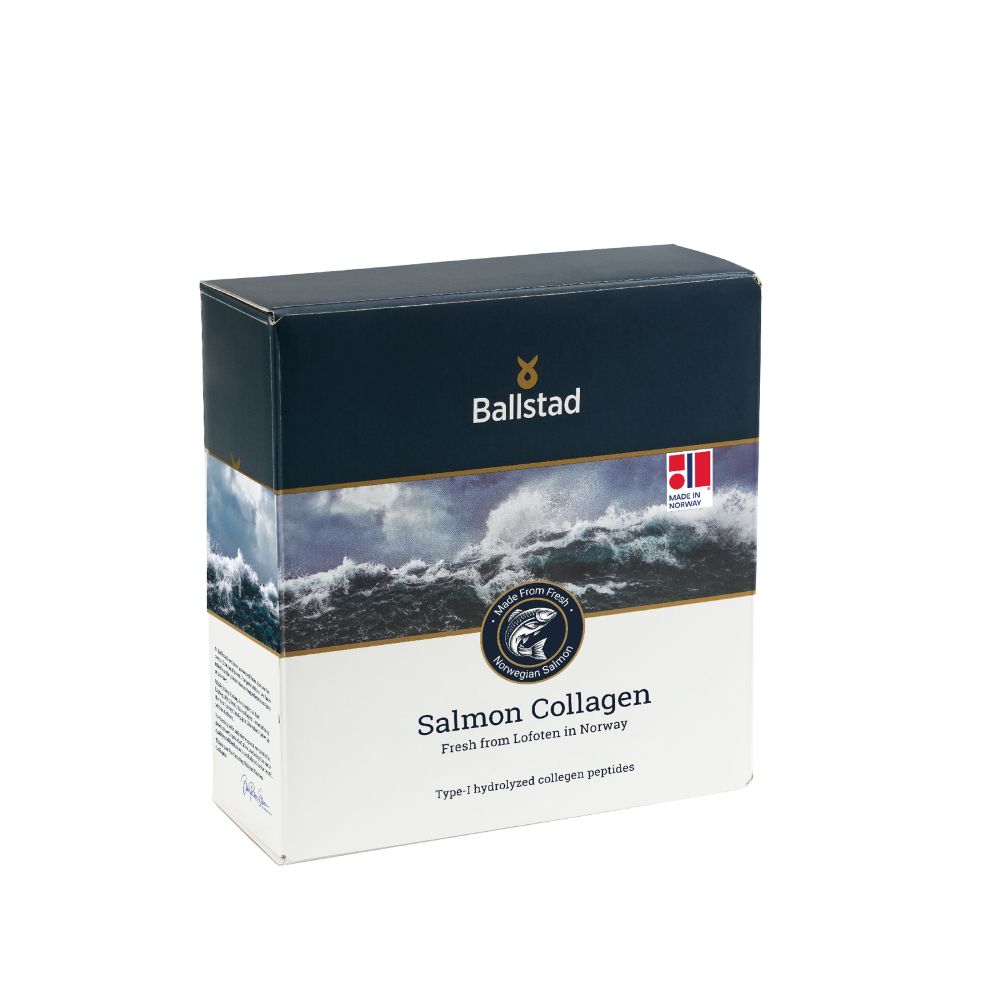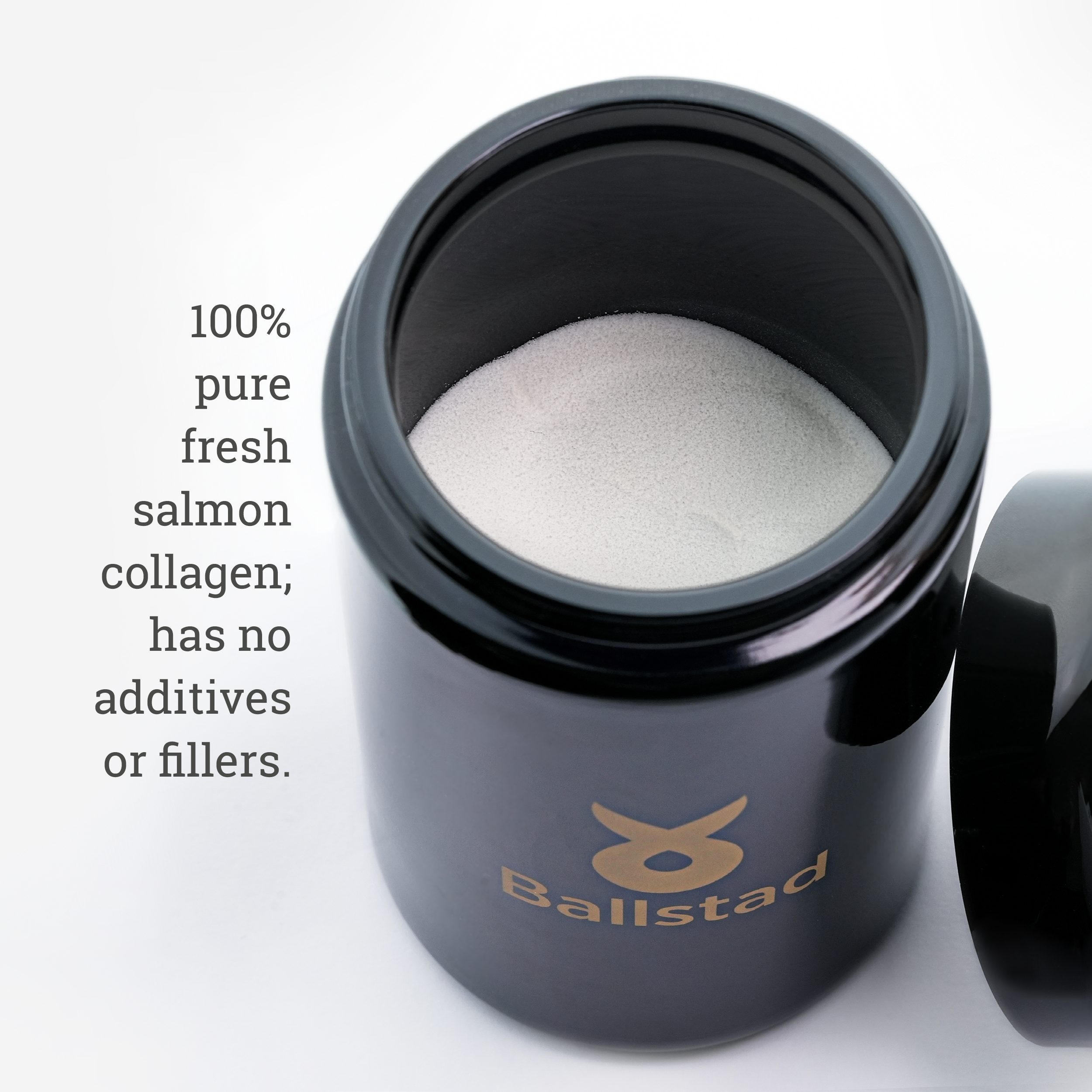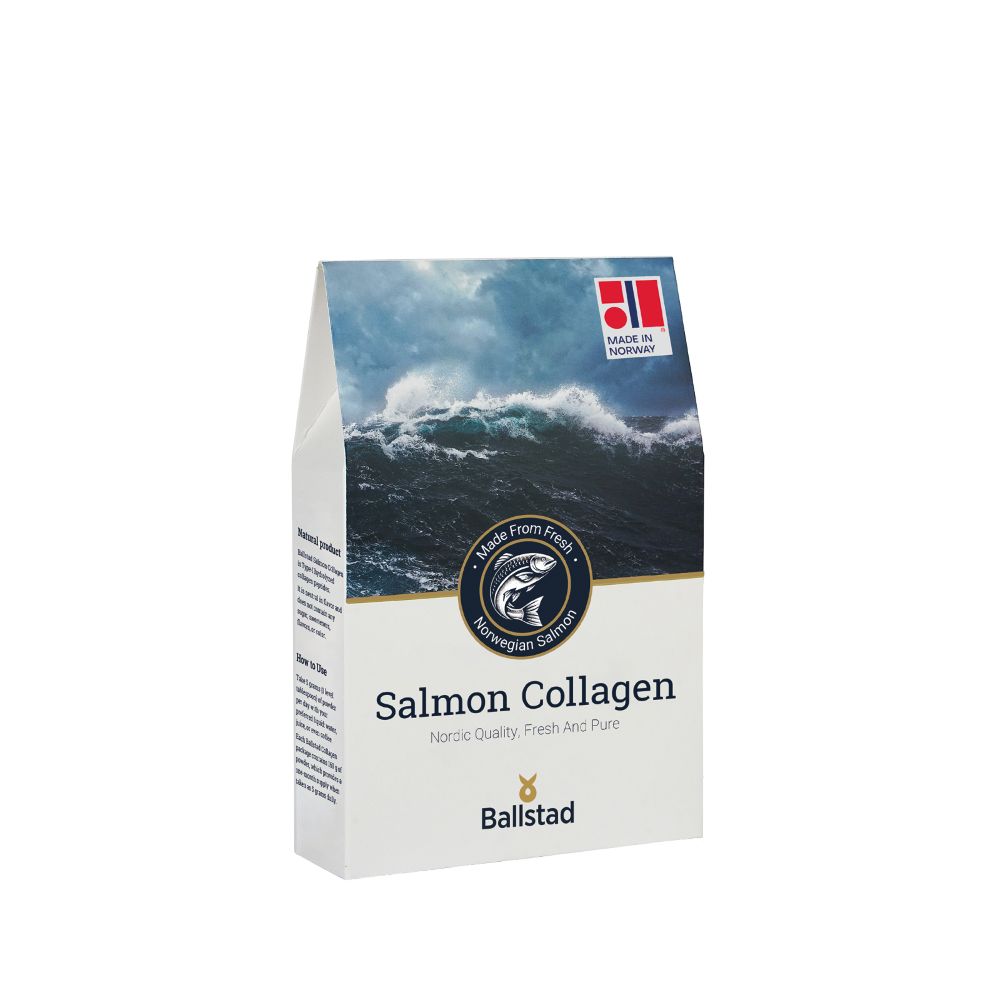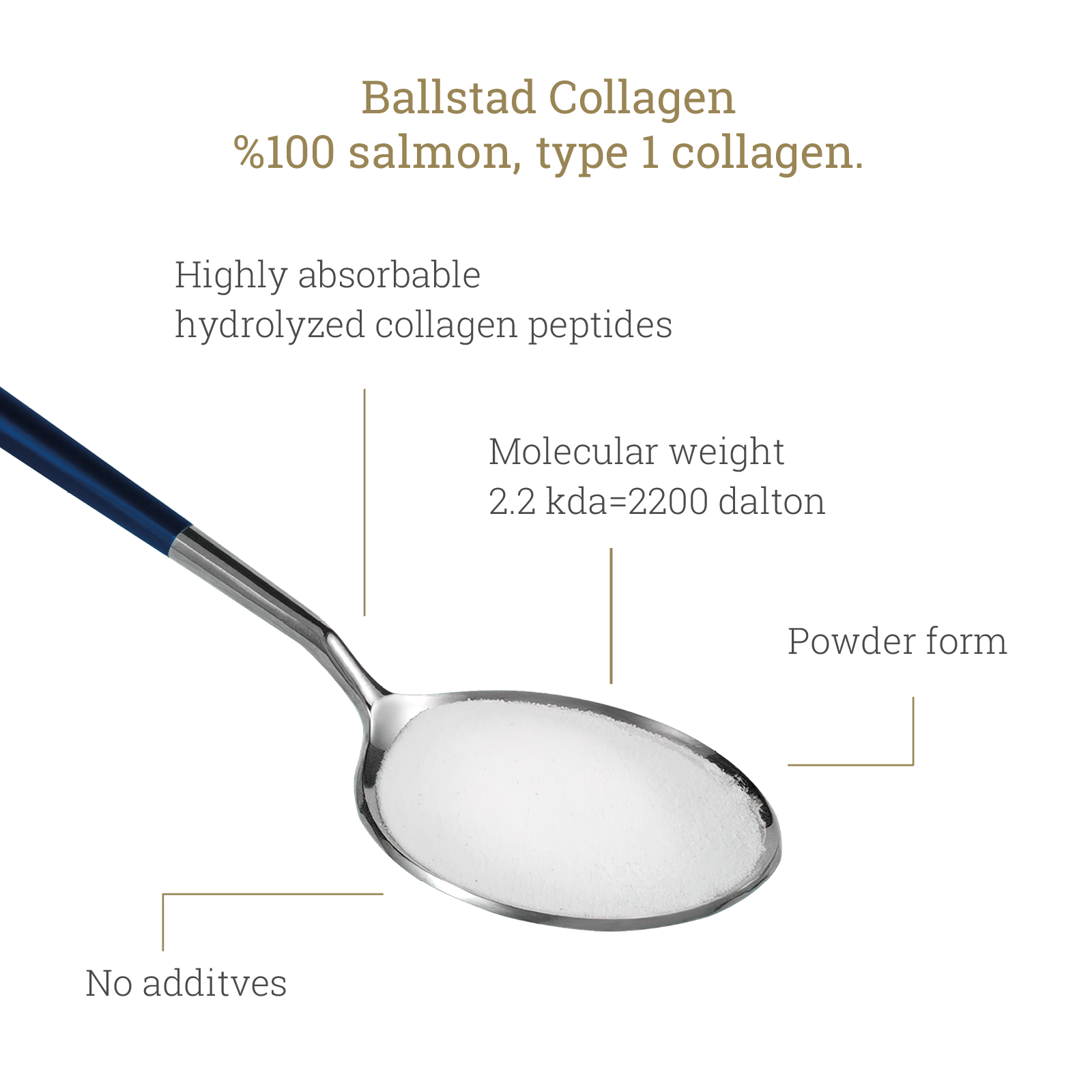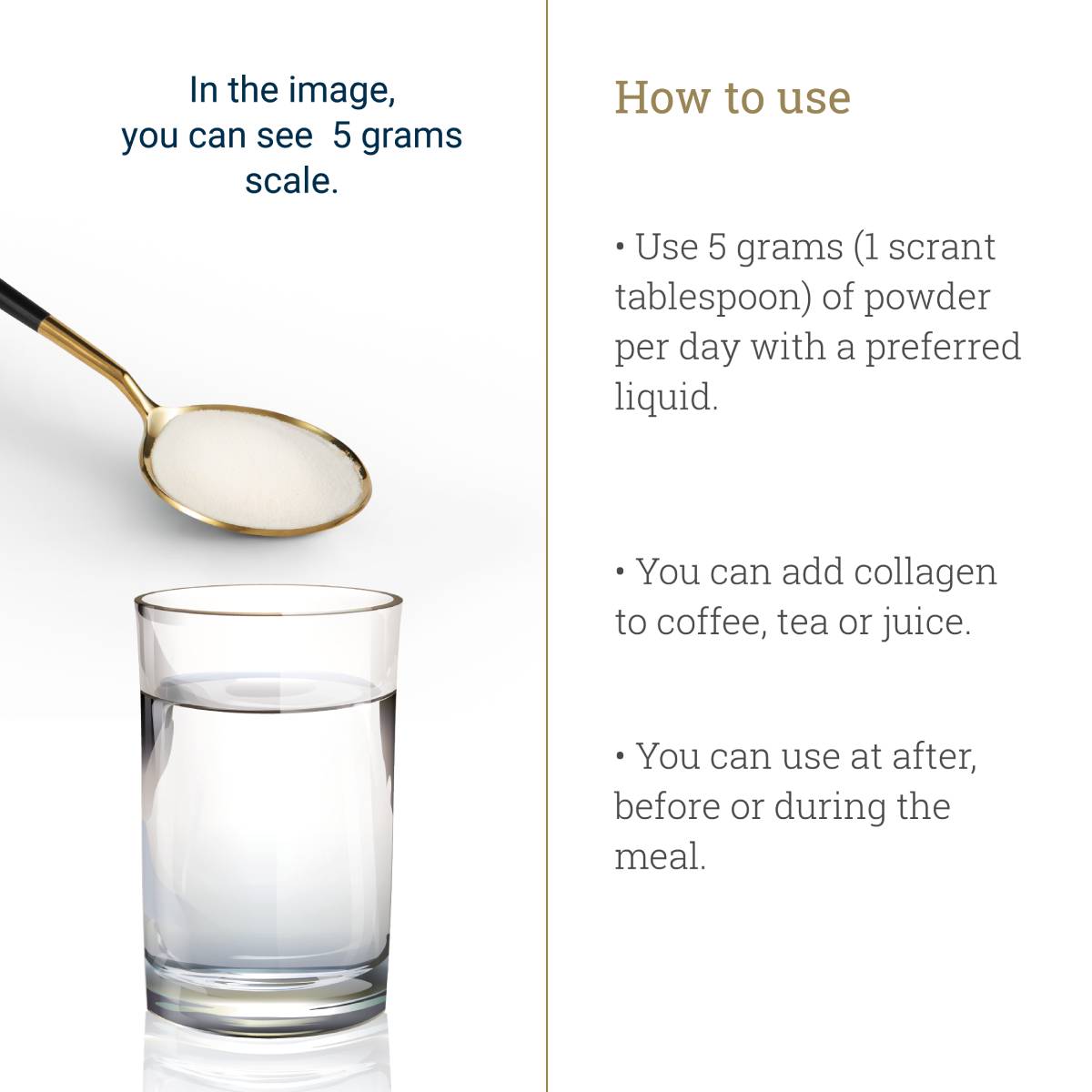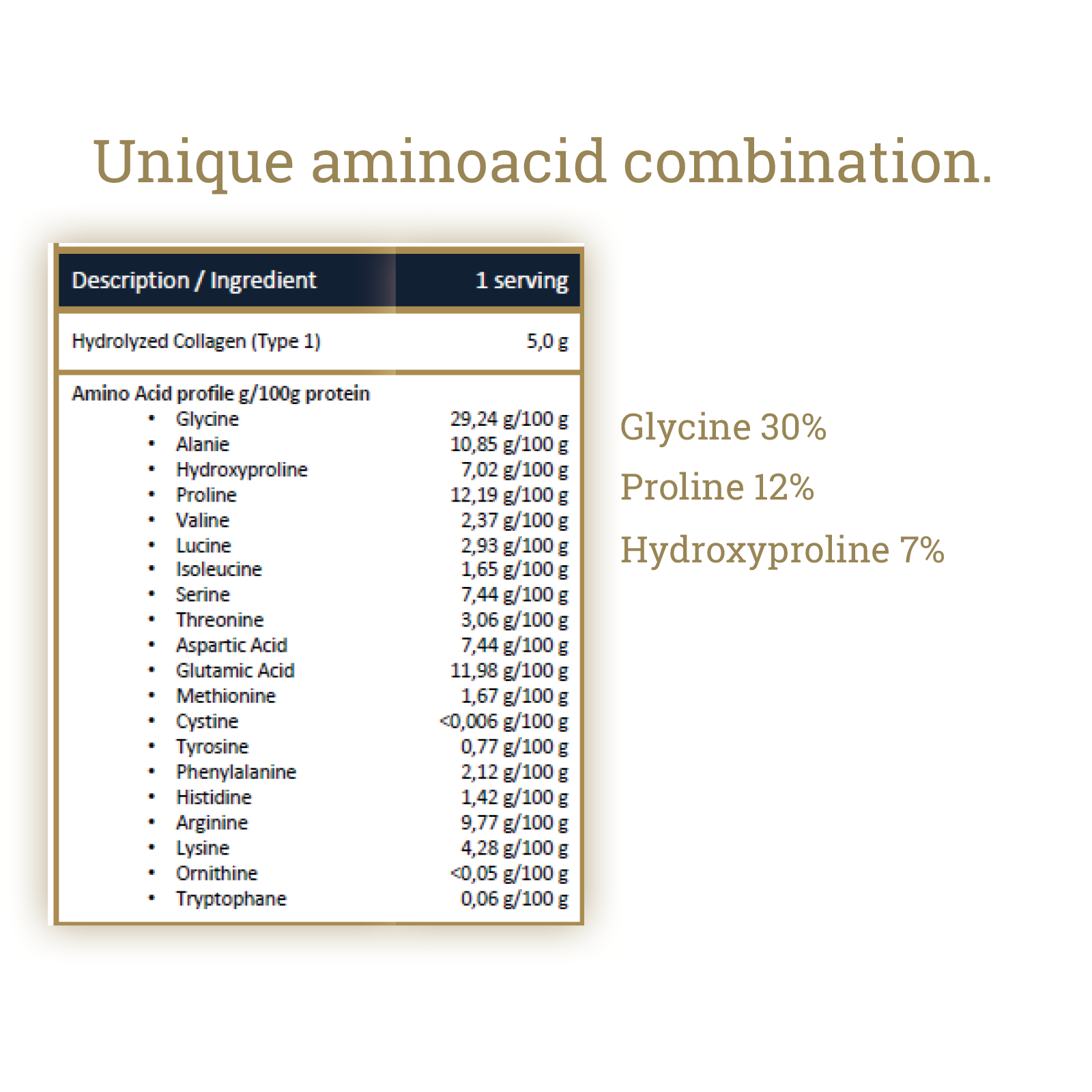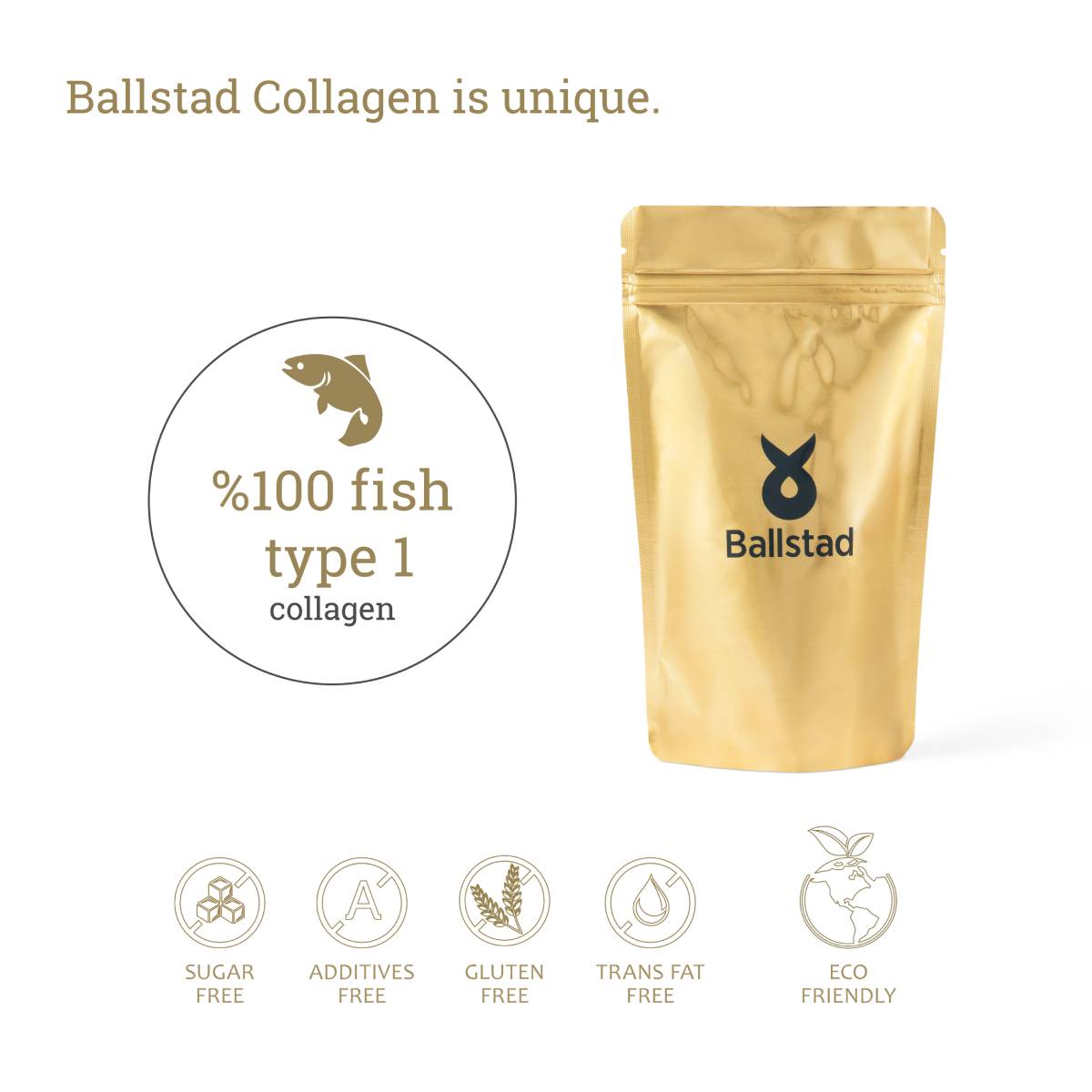Collagen is often praised for its role in glowing skin and strong joints, but this powerhouse protein does much more. For athletes, fitness enthusiasts, or anyone who wants to stay strong and mobile with age, collagen may be the missing link in performance nutrition.
Let’s explore how collagen supports muscles, joints, endurance, and recovery—and why more active individuals are turning to marine collagen supplements to boost their results.
Collagen: Beyond Beauty Benefits
As the most abundant protein in the body, collagen forms a major part of connective tissues such as tendons, ligaments, cartilage, and even muscle fibers. While it’s best known for skin firmness, collagen also plays a vital role in movement, flexibility, and overall physical resilience.
The challenge? Collagen production naturally begins to decline around the age of 25. Over time, this can mean weaker joints, slower recovery after exercise, and decreased muscle tone—issues that can limit performance if left unaddressed.
How Collagen Supports Physical Performance
1. Protects and Strengthens Joints and Tendons
Sore knees, achy shoulders, or stiff hips can sideline even the most dedicated athlete. Collagen is a key component of the connective tissues that cushion and stabilize joints.
Supplementing with hydrolyzed collagen peptides has been shown to reduce stiffness and improve joint mobility—helping athletes and older adults alike maintain consistency in their workouts. This is especially important for high-impact activities like running, weightlifting, and HIIT training.
2. Enhances Muscle Mass and Strength
While collagen is not a complete protein like whey, it provides essential amino acids—such as glycine and arginine—that play an important role in muscle repair and protein synthesis.
Clinical studies have shown that combining collagen supplementation with resistance training can lead to:
-
Increased muscle mass
-
Improved strength and body composition
-
Better long-term performance outcomes
This makes collagen a smart addition for anyone seeking lean muscle growth and sustained strength.
3. Speeds Up Recovery After Exercise
Intense training causes micro-tears in muscle and connective tissue. Collagen helps repair this damage, reducing post-workout soreness and lowering injury risk.
Its anti-inflammatory properties may also support faster recovery, enabling you to bounce back quicker and stay consistent with your routine.
Should You Add Collagen to Your Fitness Routine?
For active individuals of all ages, collagen offers a wide range of benefits:
-
Stronger joints and tendons
-
Better muscle tone and mass support
-
Faster post-exercise recovery
-
Improved overall resilience and mobility
Pair collagen with balanced nutrition, hydration, and regular exercise, and you’ll be building a foundation for strength and stamina that lasts.


